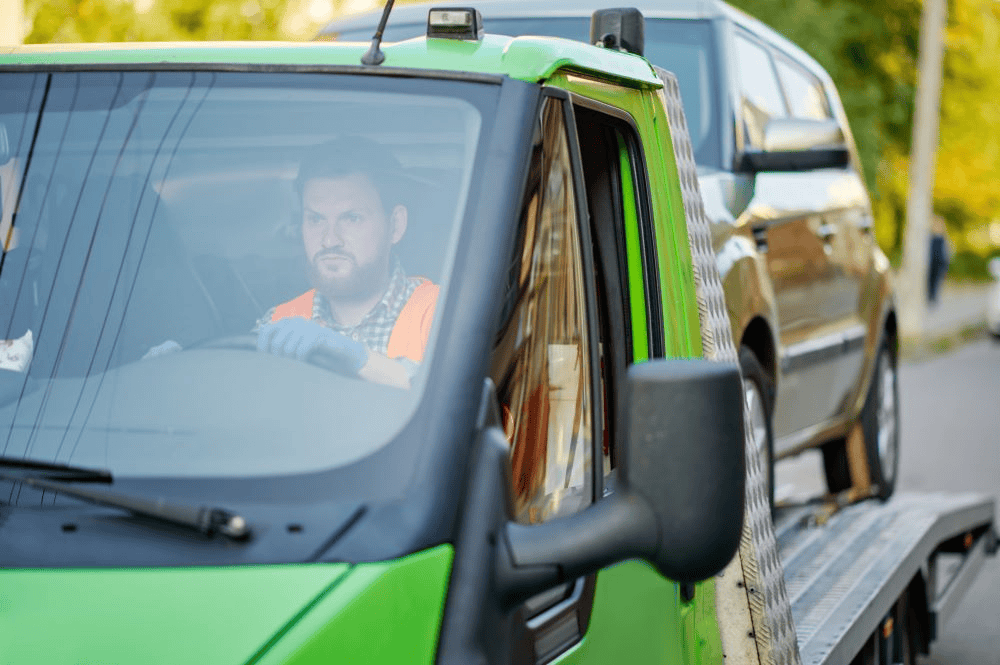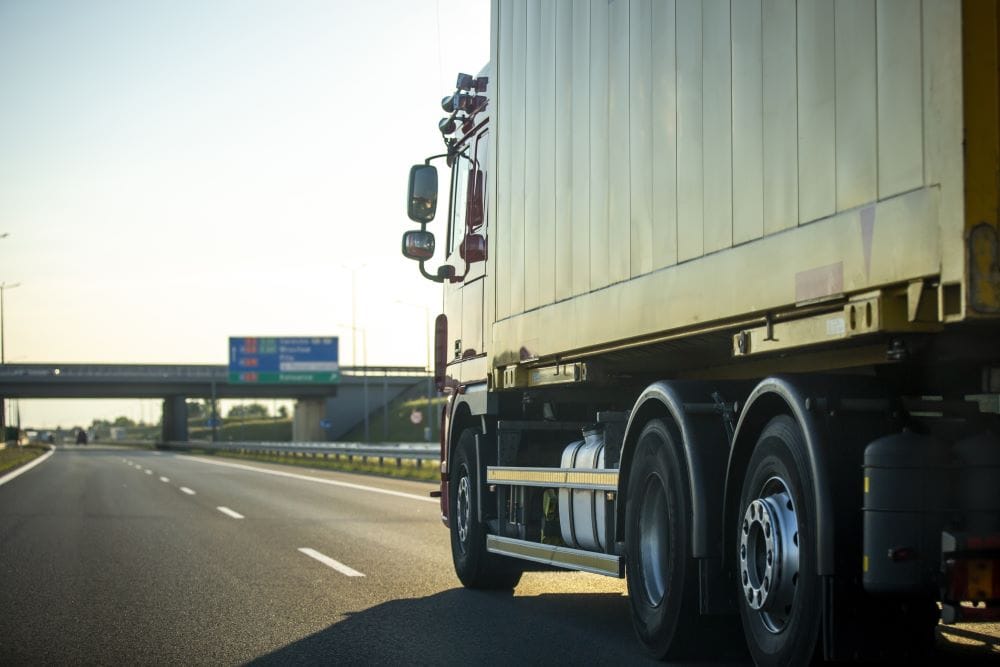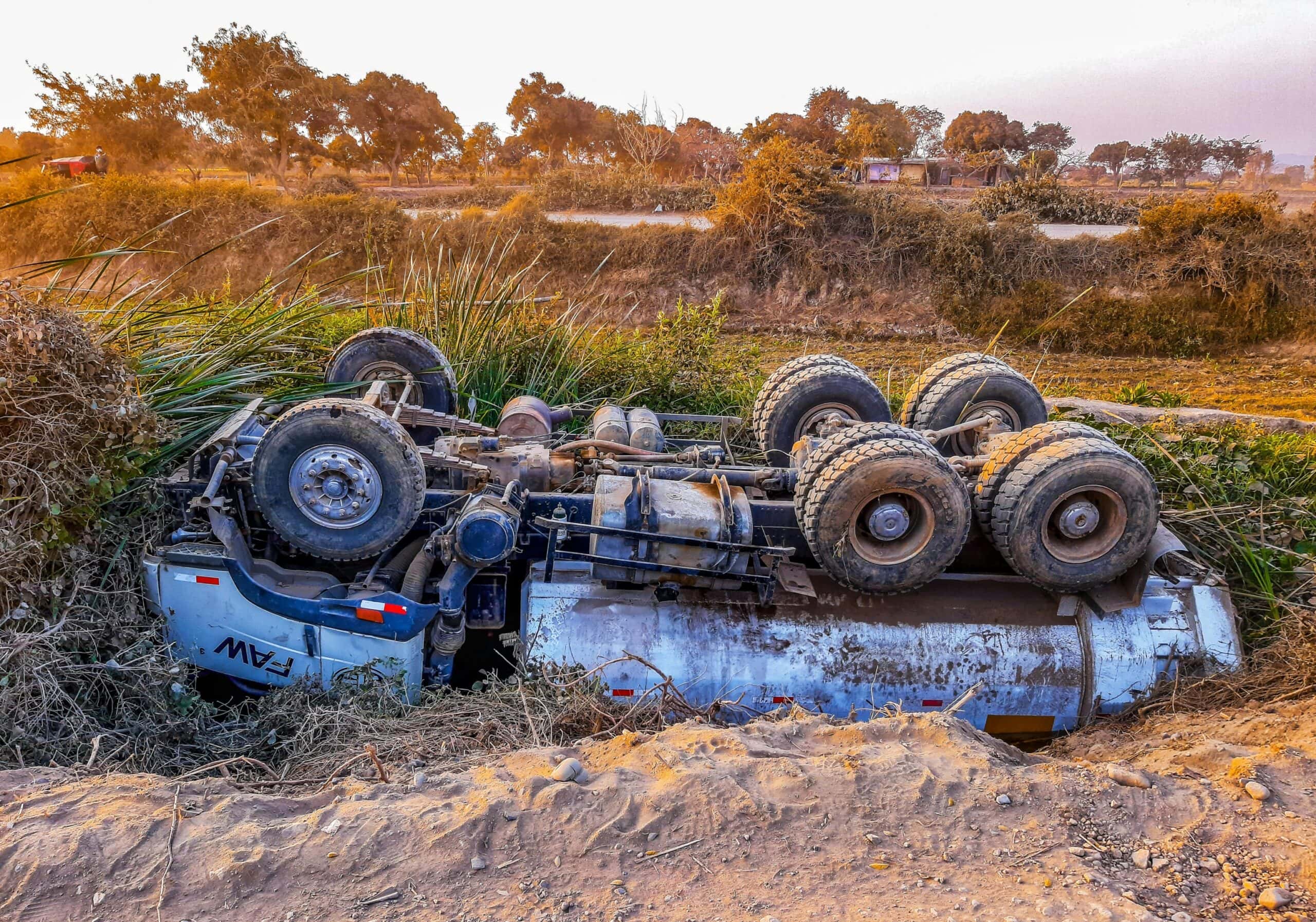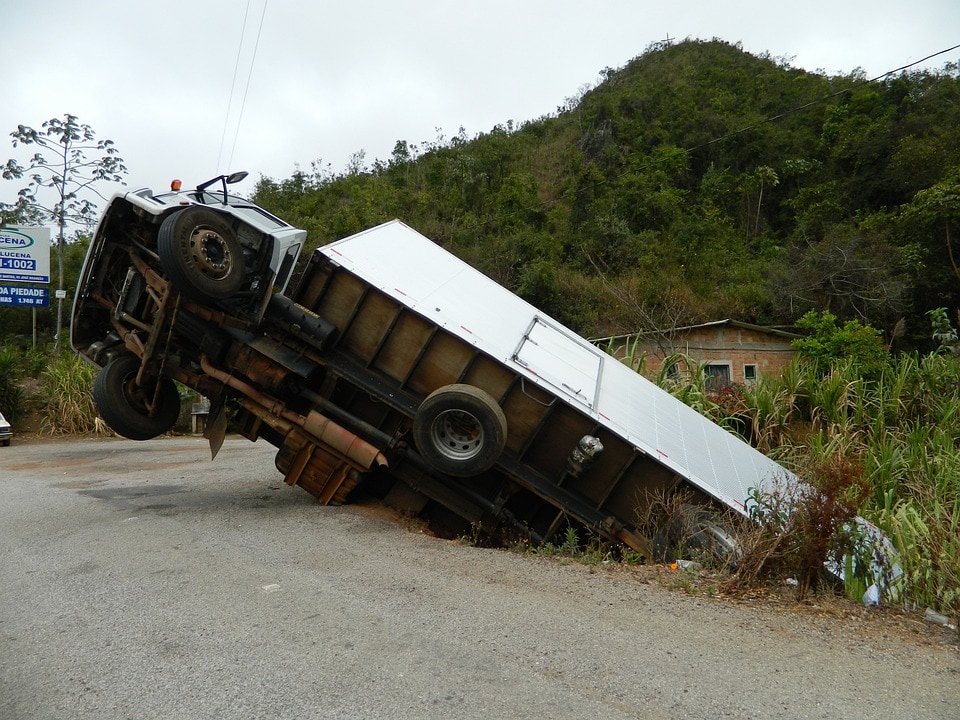Weather conditions are vital to road safety, and you may wonder whether they can impact liability in a truck accident claim. Truck accidents are already complex, involving multiple parties and legal considerations. The weather adds another layer of complexity when determining liability. This article discusses the impact of weather on liability in truck accident claims in Nevada and how you can assess liability in such situations and prove negligence.
Understanding Liability in Truck Accidents
Liability in truck accidents is typically determined by establishing negligence, which occurs when a party does not exercise a reasonable level of care expected in these circumstances, leading to harm or injury to another party. You must prove the following to establish liability:
1. Duty of Care: The party responsible for causing the accident must have “a duty of care” towards other road users, including drivers, passengers, and pedestrians.
2. Breach of Duty: You must demonstrate that the party at fault breached their obligation through negligence or not taking necessary precautions to prevent the accident.
3. Causation: You must establish that the breach of duty led to the accident and resulting injuries.
4. Damages: You, the injured party, must have suffered actual damages, such as physical injuries, medical expenses, lost wages, and pain and suffering.
How Weather Conditions Can Impact Liability
Weather conditions like rain, snow, fog, or ice can significantly impact road conditions and vehicle performance. They can make driving more challenging, reduce visibility, and affect traction and braking distance. However, weather alone does not absolve any party of liability in a truck accident claim. Liability is still determined by assessing the actions and negligence of the parties involved.
Factors Considered in Assessing Liability in Adverse Weather Conditions
When evaluating liability in a truck accident claim involving adverse weather conditions, you need to consider several factors, including:
1. Speed: Given the weather conditions, was the responsible party driving at a safe speed? Driving too fast for the conditions can be considered negligent.
2. Following Distance: Did the responsible party maintain a safe following distance? It is crucial to allow sufficient space to stop in case of sudden braking.
3. Visibility: Did the responsible party have adequate visibility? Headlights, windshield wipers, and defoggers are essential in adverse weather.
4. Vehicle Maintenance: Was the truck properly maintained, including functional brakes, tires with sufficient tread, and functioning windshield wipers?
5. Road Conditions: Were appropriate precautions taken, such as adjusting speed and driving defensively, considering the known adverse weather conditions?
Proving Negligence in Adverse Weather Conditions
Proving negligence in adverse weather conditions can be challenging, as it requires gathering evidence to show the guilty party failed to meet the required standard of care. You will need accident reports, eyewitness testimonies, surveillance footage, and expert analysis to prove negligence.
How the Nevada Attorneys at Bourassa Law Group Can Help
Being involved in a truck accident in Nevada affected by adverse weather conditions makes it necessary to seek legal representation. The experienced attorneys at Bourassa Law Group can assist you in assessing liability, gathering evidence, and building a solid case on your behalf.
Our dedicated team is well-versed in truck accident claims and will fight tirelessly to protect your rights and pursue the compensation you deserve. Our skilled attorneys can get fair compensation for your injuries and other losses.
Contact us today at (800)870-8910 for a free consultation and learn how we can assist you with your truck accident case.





